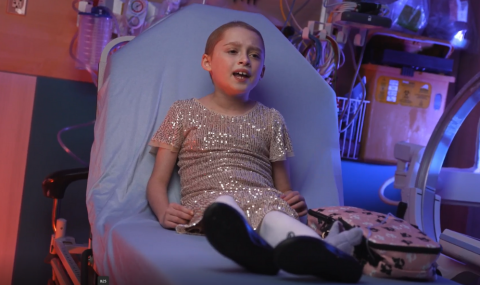If the patient is not awake or able to make decisions for themselves, the ICU care team will ask another person to help make treatment decisions. This person is called a substitute decision maker (SDM). Often, this person is an immediate family member such as a parent, spouse, child, or another person who has been chosen by the patient in advance to make medical decisions on their behalf.
The substitute decision maker is expected to make decisions in accordance with what their family member would want under the circumstances. This is a difficult position to be in, but it is essential to ensure your loved one gets the care they would want.
What Could a Substitute Decision Maker Be Asked?
Treatment Preferences
The SDM is expected to make treatment decisions according to the wishes of the patient. If the person did not have any specific wishes, the SDM must make decisions with the best interests of the patient in mind.
Level of Resuscitation
The care team will ask the SDM what level of resuscitation the patient would want. The Medical-Surgical ICU will provide the patient’s SDM and family with clinical information, medical expertise, and emotional support as these decisions are reviewed. The level of resuscitation is an essential part of a person’s treatment preferences.
Organ Donation
All patients in the Medical-Surgical ICU, when nearing the end of life, are screened to determine eligibility for organ donation. You may be approached by the care team to discuss consent for this process. You are not obliged to consent to organ or tissue donation.
Advance Directives, Living Wills and Power of Attorney for Personal Care
'Advance directives' and 'living wills' are terms that are used interchangeably. These documents are an assurance that the patient’s treatment preferences will be respected. An advance directive and a Power of Attorney for Personal Care can be combined into one legal document. The person named in the Power of Attorney for Personal Care is the patient's substitute decision maker for health care choices.
If the patient becomes incapable of making health care decisions for themselves, the document comes into effect. The person named in the Power of Attorney for Personal Care will make health care decisions on behalf of the patient according to the patient’s preferences or best interest.
Families do not need an advance directive for the Health Care Consent Act to apply. A Power of Attorney for Personal Care is the first choice if one has been named. If not, the Health Care Consent Act explains the selection of substitute decision makers.
The ICU care team will discuss the reasoning behind any treatment or procedures to help decision-making. A health care ethicist can be consulted to help the family members make decisions.
Other Support – Who Can Help?
Medical information is not the only source for guidance to help you with decisions about the patient's care. Our social worker, clergy, or Spiritual Care team are available to discuss other aspects of care.
If there is disagreement between your loved one’s goals and those of the health care team, our ethicist can be contacted. The Consent and Capacity Board can be a resource to substitute decision makers, especially if your family member’s wishes are unclear or open to interpretation.



